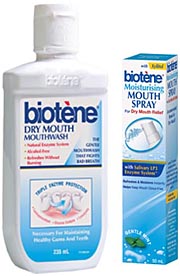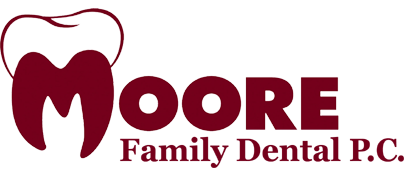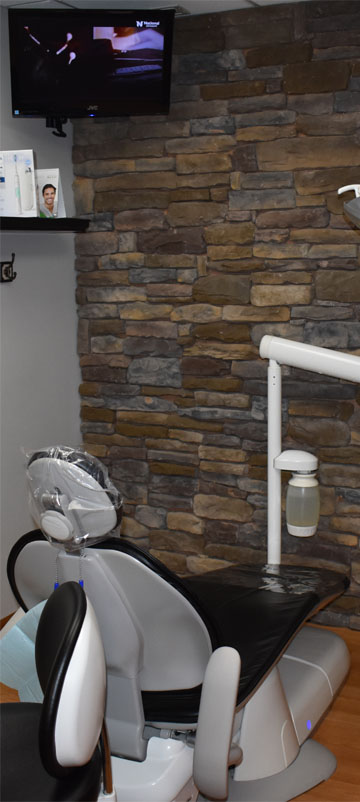 Everyone’s mouth gets dry at one time or another. For some people, that feeling is most common in the morning. This may be especially true if you sleep with your mouth open. If you get nervous speaking in front of people, that make your mouth dry, as well.
Everyone’s mouth gets dry at one time or another. For some people, that feeling is most common in the morning. This may be especially true if you sleep with your mouth open. If you get nervous speaking in front of people, that make your mouth dry, as well.
These explanations cover short-term dryness in the mouth, but what about people who suffer from a dry mouth on a daily basis? There are other explanations for that. Let’s begin with the technical name for this condition: “xerostomia (ZEER-oh-STOH-mee-ah), is the condition of not having enough saliva, or spit, to keep the mouth wet.”
If you’ve experienced a dry mouth in one of the short-term situations outlined above, imagine what it would be like to live with that feeling every day. After a while, you’d start to feel pretty uncomfortable. Your tongue would stick to the roof of your mouth or your lips would begin to feel uncomfortably dry or chapped. These sensations could be especially problematic when you tried to talk or eat. There’s another issue, though, and it’s one that you can’t see or feel: “Dry mouth also increases the risk for tooth decay because saliva helps keep harmful germs that cause cavities and other oral infections in check.” When you’re lacking in saliva, your mouth isn’t as able to keep those germs in check.
What causes dry mouth?
The American Dental Hygienists’ Association (ADHA) emphasizes that dry mouth is not a diagnosis. It’s a symptom, which means “It is important to perform a complete evaluation of the patient with dry mouth, determining, if possible, the cause of the xerostomia so that appropriate management can be instituted in a timely manner.”
There are numerous possible causes of dry mouth and that’s why a complete evaluation is necessary. “Sjögren’s (SHOW-grins) syndrome is a chronic disease in which white blood cells attack the moisture-producing glands. The hallmark symptoms are dry eyes and dry mouth, but it is a systemic disease, affecting many organs and may cause fatigue.” This is one example of a condition that can cause dry mouth. Without a comprehensive exam, it’s impossible to rule out diseases like this one and begin treating the actual problem.
It’s also important to note that certain medications can cause dry mouth. If medication is determined to be the cause of dry mouth, an adjusted dosage or even a different type of prescription may do the trick.
How is dry mouth treated?
For some people suffering from dry mouth, “an oral rinse to restore mouth moisture” may provide some relief. In addition,” a medication that stimulates saliva production” may be prescribed. However, even without these options, there are other things people who are suffering from dry mouth can do. Many of them may seem like common sense, but they are good reminders for people who are dealing with this condition. To begin with, drink lots of water and try sugar-free candy or gum to see if it helps. If you breathe through your mouth, especially at night, humidifying the air may also help.
If you’re suffering from dry mouth, contact Moore Family Dental and let us know how you’re feeling. We’re here to help.



